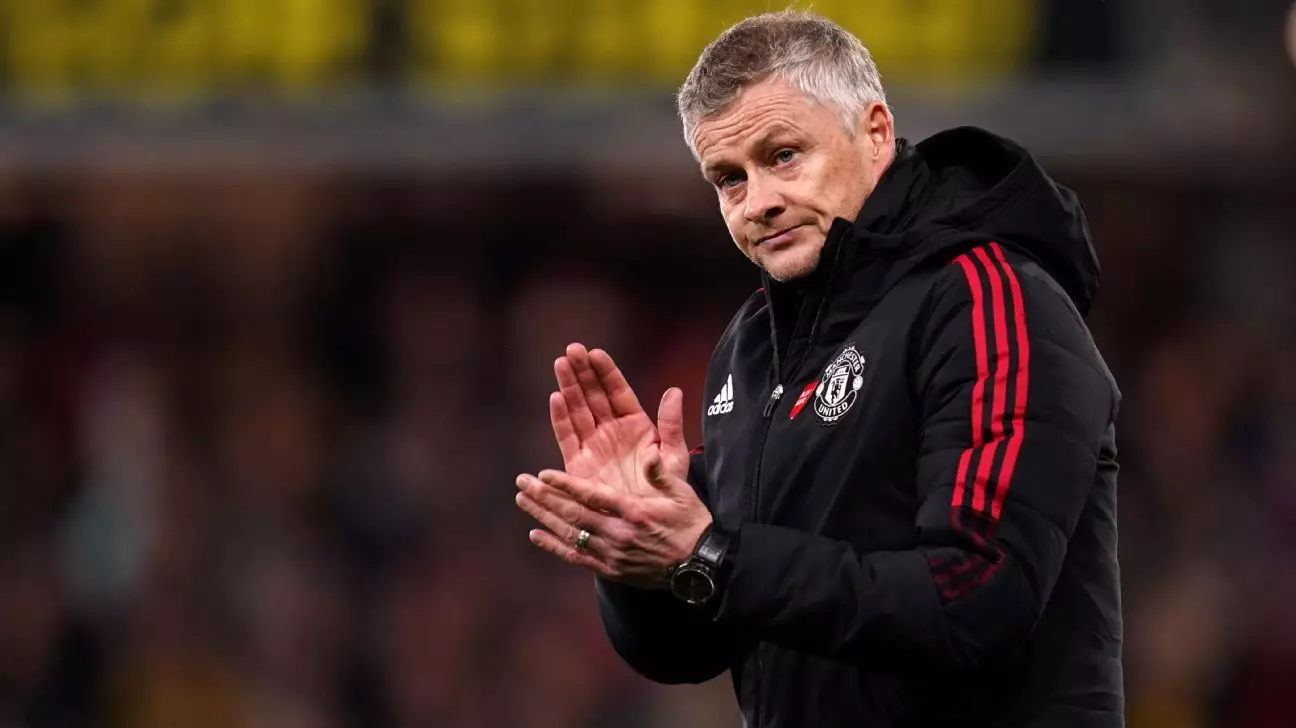Ole Gunnar Solskjaer, the former Manchester United manager whose tenure was marked by a blend of highs and lows, has made it abundantly clear that he would welcome a return to Old Trafford without hesitation. His statement, “I would say yes every day of the week,” not only reflects his profound connection to the club but also establishes a narrative of unfinished business. Having been dismissed in November 2021 after an upward trajectory that peaked with a second-place finish in the 2020-21 season, it’s evident that Solskjaer’s love for Manchester United remains intact, despite the lack of silverware during his management.
Located in a tumultuous period following his exit, the current situation at United under Erik ten Hag raises questions regarding the effectiveness of ongoing strategies and team dynamics. Ten Hag, despite his own commendable track record, is under scrutiny as the team struggles to find consistent form. In this context, Solskjaer’s readiness to return may seem appealing—yet it prompts the question: Would a second run at the helm catapult United back to former glories, or would it merely reopen old wounds?
Erik ten Hag’s clarion call for patience in his recent press conference indicates a desire for understanding amid pressure. The manager emphasized the prospect of cultivating young talent for the future, which aligns with a long-term vision of growth. However, with current performances yielding only three wins from eight tries, both fans and upper management are understandably wary. The stark reality of the Premier League’s competitive nature echoes through Old Trafford, leaving ten Hag navigating a precarious balance between immediate results and future potential.
For Solskjaer, it’s crucial to recognize that a second tenure at United could bring its own set of challenges. The expectations associated with returning to a club where he once struggled to deliver trophies are monumental. While his allegiance shines through, the central theme remains: can he pivot from his past mistakes to inspire a new era of success? His experience as a technical observer for UEFA post-United could provide valuable insights, yet the tactical acumen required to navigate England’s top flight demands a fine-tuned approach.
Beyond the notion of managing Manchester United again, Solskjaer has expressed interest in potentially taking charge of the Norwegian national team, should the opportunity arise. His commitment to his homeland, alluded to in his statement about engaging in discussions if the position becomes available, symbolizes a longing for national pride and leadership. As the landscape of European football evolves and national teams grapple with their identities, Solskjaer’s experience could serve invaluable to Norway’s aspirations on the international stage.
The key takeaway is that Ole Gunnar Solskjaer’s journey is a tapestry woven with loyalty, lessons learned, and an undying connection to football. While his eagerness to return to Old Trafford or manage Norway reflects his passion for the game, it also highlights the complexities of football management in the modern era. For fans and pundits alike, Solskjaer epitomizes a blend of nostalgia and hope—an ever-present reminder of Manchester United’s rich legacy, and a potential beacon for future prospects.

